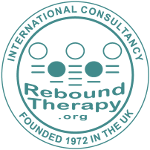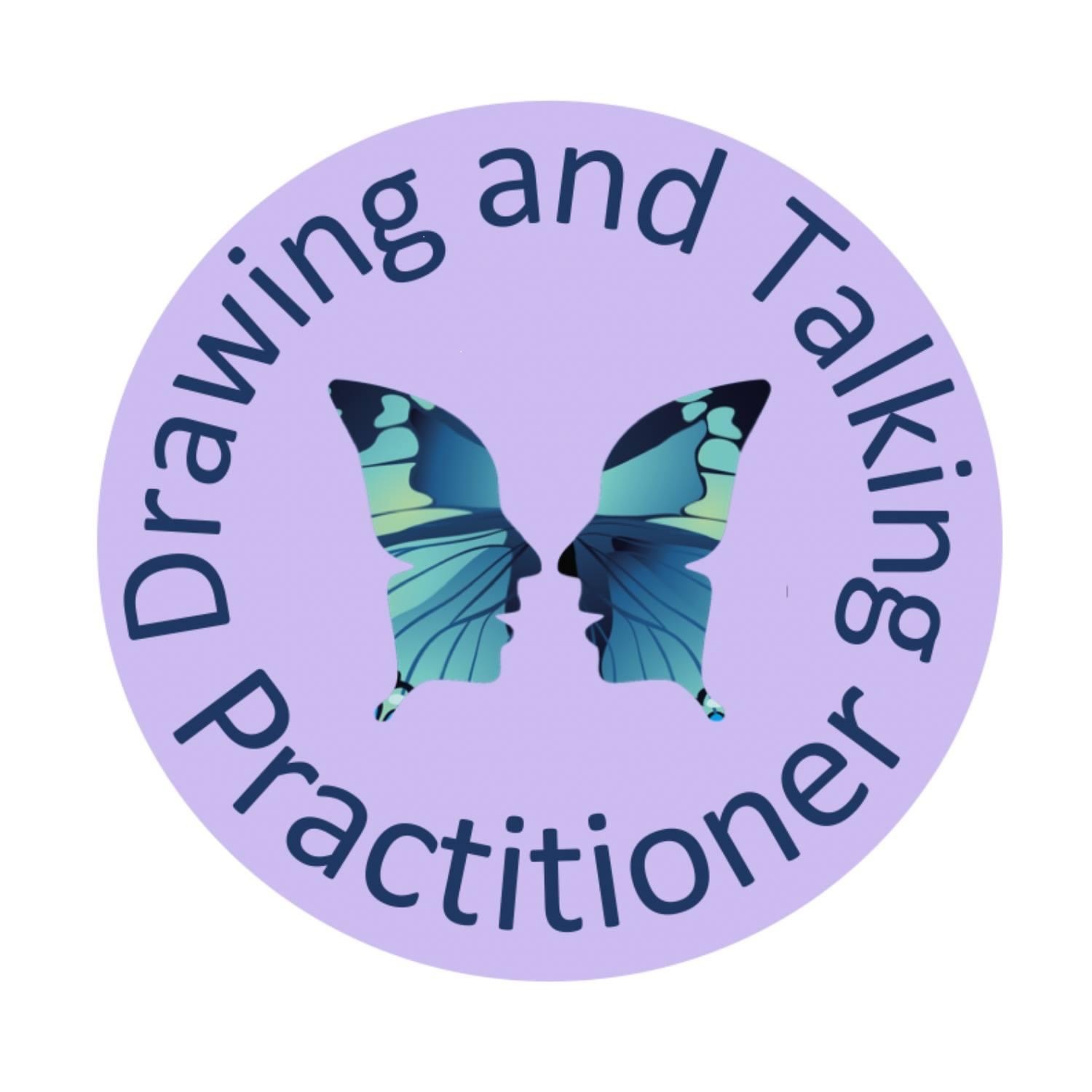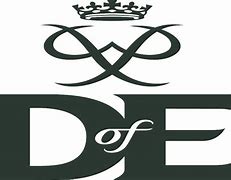Behaviour & Rewards
Our approach to both academic learning and social learning is based on relationships: relationships between staff and pupils, staff and parents and pupils with pupils alongside the vital input from outside agencies when required. We build a sense of trust with the ‘triangle.’ This is underpinned by excellent communication, negotiation and understanding. Sometimes people find situations tricky and that is okay, as long as we learn how we may react in a different way next time. We send a very clear message to our pupils that it is okay to make mistakes, so long with time and experience, we learn from them. We use a range of different strategies to enable this to happen which include key trusted adults who can work through any challenging times or access to specific resources or agencies. A number of pupils at Pencalenick have a document called a Wellbeing Plan. This concise document identifies the specific support a pupil may need when they are engaged in their learning or when things have become tricky. This document is shared with key stakeholders who work with the pupil such as parents or guardians, tutors or any other key adult.
On the rare occasion that a pupil may need support in the form of physical intervention, where they may be a danger to themselves or others, the school uses a strategy called Team Teach www.teamteach.co.uk A large number of staff in school are trained in how to support young people using de-escalation strategies (95%) and as a last resort (5%) physical intervention.
The ethos of the school is to focus on the positives. We have a reward system in school based on Merit marks which is supported by ICE (Independence, Communication and Engagement.) Merit marks can be collected by pupils and ‘spent’ against a range of differing opportunities, including spending time with a chosen adult, going for a mountain bike ride or taking a trip to the cinema. Pupils value the merit marks and enjoy their chosen rewards.






